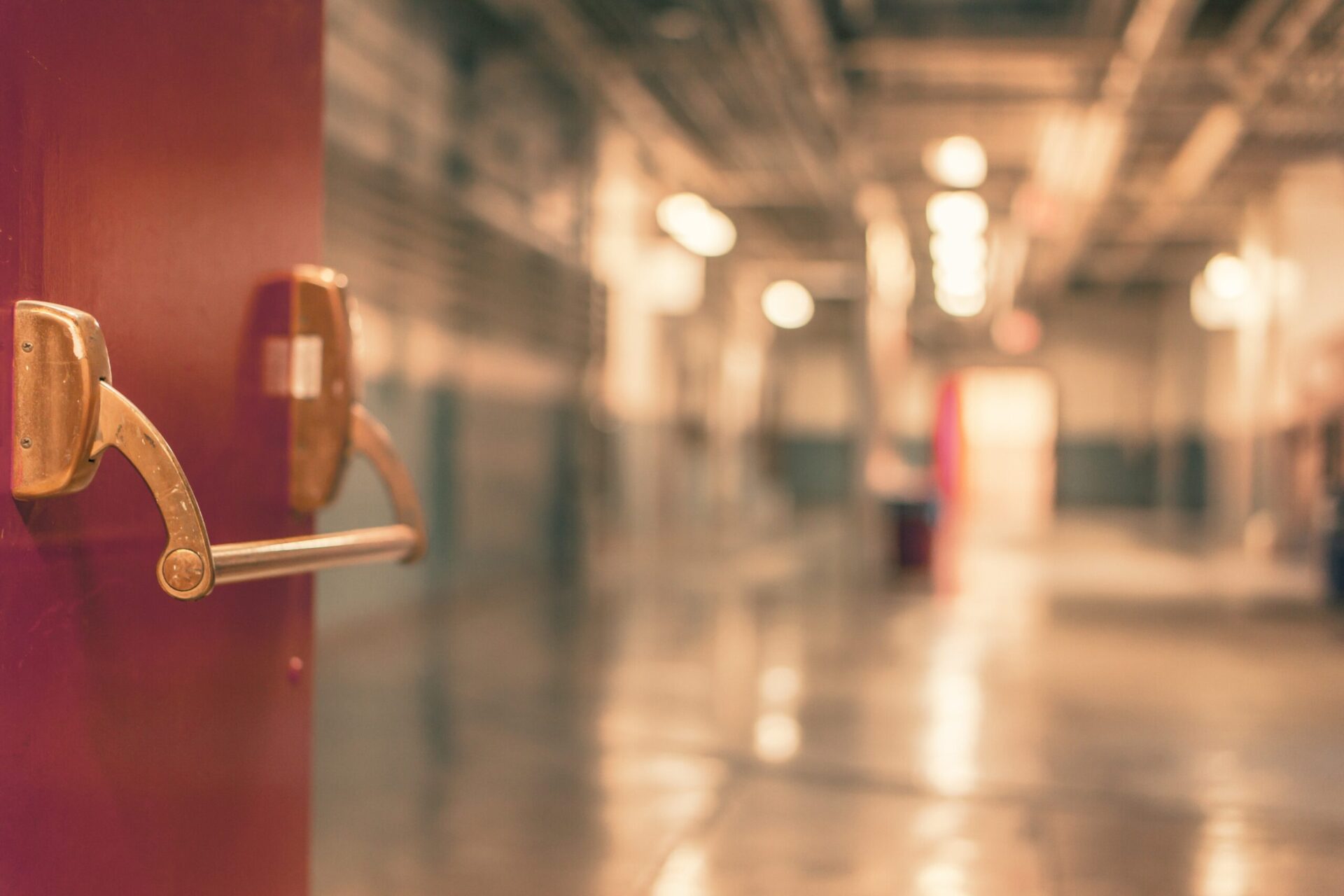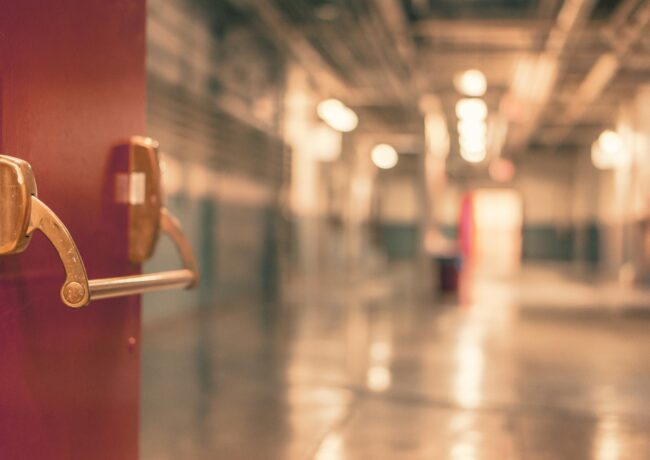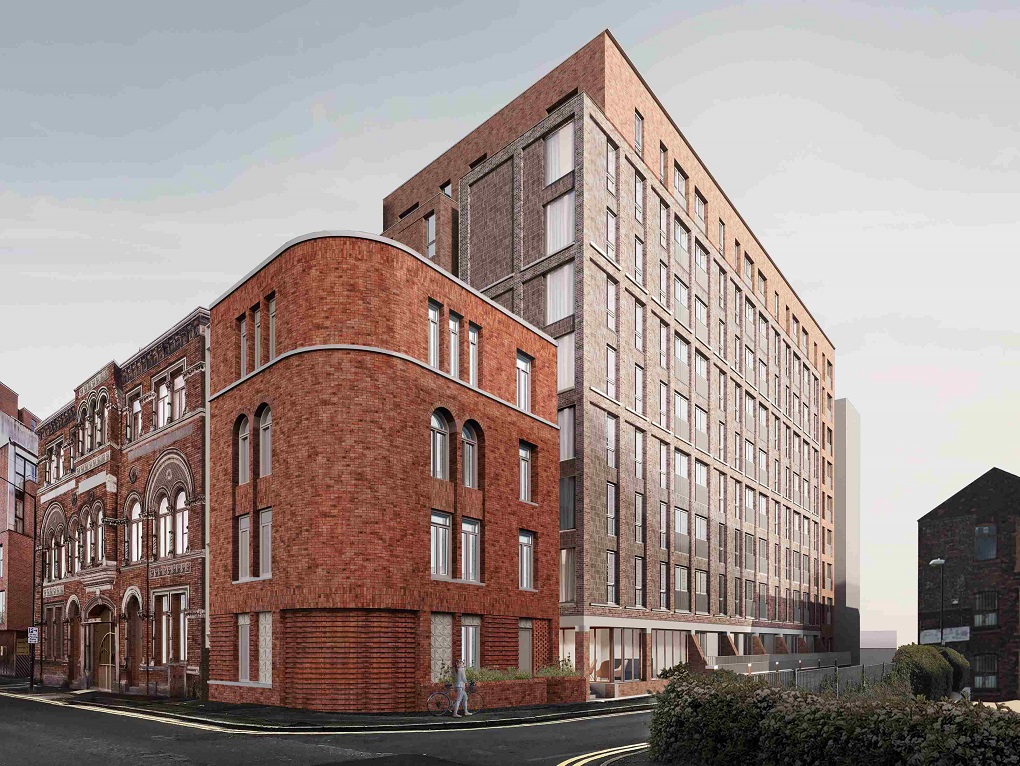RESOURCES | Grenfell: Residential landlords’ duties and responsibilities

Daniel Stern of Slater Heelis writes:
The tragedy at Grenfell Tower in Kensington has never been far from the headlines since that fateful day in June 2017. Only last week a police investigation has found that the doors could only hold back a fire for half the time they were designed to.
Experts said a door was supposed to resist fire for 30 minutes but only lasted 15 minutes in tests conducted on behalf of the Met Police.
Grenfell continues to ask questions of the duties of a residential landlord to its tenants and occupiers. Without a doubt the primary concern of those involved with the Grenfell Tower and its aftermath is fire safety but they, and all those concerned with residential property, should be aware of the duties and responsibilities of a landlord to its tenants and occupiers. I strongly recommend speaking with an experience commercial solicitor to discuss all implications.
This article provides a brief overview of some of those duties and responsibilities relating to fire, gas and electrical safety that all developers and landlords of residential property should make themselves aware.
Landlord’s Liability at Common Law
Developers, architects, builders, surveyors, designers and local authorities who have failed to exercise reasonable care in the work that they have carried out on a building have been found liable to the occupiers of the building for injury or damage resulting from their negligence. If the builder or developer of a property is also the landlord, it will not be able to escape liability for negligent construction simply because it is the landlord.
Liability for the Common Parts
If a landlord retains control of parts of the building such as staircases, corridors, roofs, guttering etc. then the landlord is under a duty of care to keep these parts of the building in repair so they do not cause injury to the tenant or damage to the tenant’s property. The same duty will extend to any lawful visitor to the property.
Fire Safety
Clearly, after the Grenfell Tower incident, landlords should be concerned about the presence of combustible cladding on their buildings. Any building that has cladding panels containing Aluminium Composite Material (“ACM”) or similar may not be complying with the requirements of the current Building Regulations Guidance and, more importantly, may be putting people in danger.
Landlords should be proactive in accessing the fire safety of their buildings. They should check the Fire Safety Accreditation and Building Regulations compliance of any panelling on the building and contact their surveyors or architects for advice. Testing for ACM should be a priority; samples of such materials can be provided for verification to independent testing facilities such as The Building Research Establishment. Ultimately if the materials are non compliant it may be necessary for the panels to be removed.
Whilst doing this and as a matter of good practice, full fire safety checks should be implemented including ensuring all entrance doors and doors that open on to escape corridors and stairways are fire resistant and self-closing. Landlords should also check to ensure that there are no obvious routes for fire or smoke to spread such as hallways, and services such as pipes and cables which run through walls.
Smoke control systems, including associated fire detecting systems, should be tested to make sure they are operating correctly. If you do not have a sprinkler system you should take advice on installing one.
The Government is now looking into Building Regulations and whether they should be reviewed and updated in light of the fire. Until that happens however you should err on the side of caution and ensure that you make your investment as fire proof as possible.
Gas Safety
A landlord must:
- Make sure gas equipment supplied is safely installed and maintained by a Gas Safe registered engineer;
- Have a registered engineer do an annual gas safety check on each appliance and flue;
- Give a copy of the gas safety check record to the tenant before he moves in or within 28 days of the check;
In addition a landlord must:
- Provide a smoke alarm on each storey and a carbon monoxide alarm in any room with a solid fuel burning appliance (for example a coal or wood burning stove);
- Check that tenants have access to escape routes at all times;
- Make sure the furniture and furnishings supplied are fire safe;
- Provide fire alarms and extinguishers if the property is a large house in multiple occupation (HMO).
Electrical Safety
A landlord must make sure:-
- The electrical system is safe, for example sockets and light fittings
- All appliances supplied are safe, for example cookers and kettles
As well as gas, fire and electrical there are, of course, many other legal responsibilities a landlord has to its tenants and occupiers, a number of which I will cover in future articles.
If you are seeking assurance, advice or need to discuss specific responsibilities relating to your property, please call me on 0161 672 1543 or email daniel.stern@slaterheelis.co.uk
This article was originally published on Place Resources.




